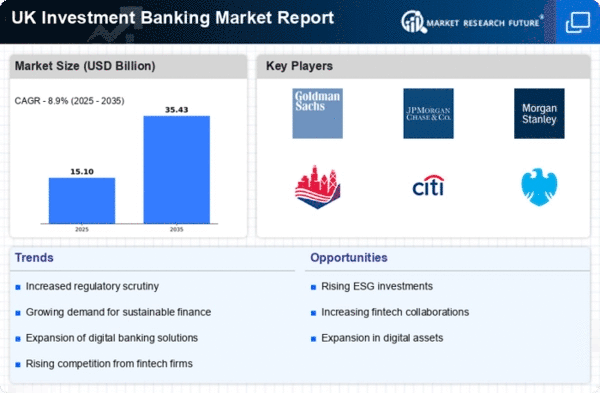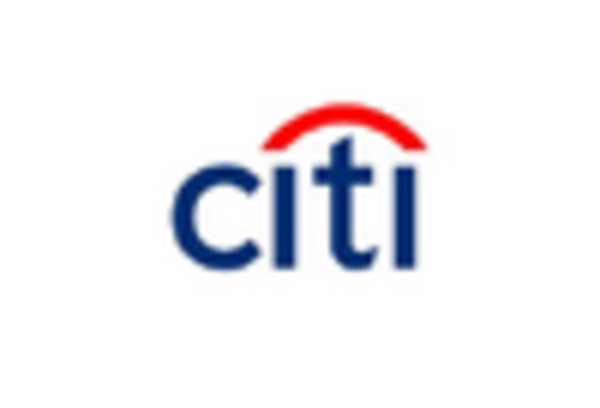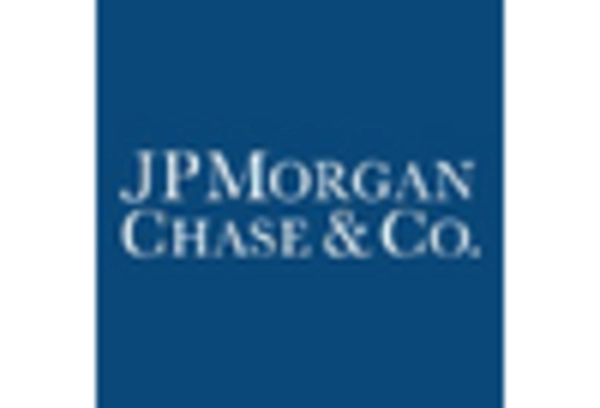Mergers and Acquisitions Activity
The investment banking market is currently experiencing a surge in mergers and acquisitions (M&A) activity, driven by companies seeking growth and diversification. In 2025, M&A transactions in the UK are projected to reach a total value of £150 billion, reflecting a robust appetite for consolidation. This trend is partly fueled by low interest rates, which make financing more accessible. Investment banks play a crucial role in facilitating these transactions, providing advisory services and capital raising solutions. As firms pursue strategic acquisitions, the demand for investment banking services is likely to increase, positioning banks as essential partners in navigating complex deal structures and negotiations.
Regulatory Changes and Compliance
The investment banking market is currently influenced by evolving regulatory frameworks in the UK. Regulatory bodies are increasingly imposing stringent compliance requirements, which necessitate investment banks to adapt their operational strategies. For instance, the Financial Conduct Authority (FCA) has introduced new guidelines aimed at enhancing transparency and consumer protection. This has led to increased operational costs, as firms invest in compliance technologies and training. In 2025, compliance costs are estimated to account for approximately 15% of total operational expenses in the investment banking market. Consequently, firms that effectively navigate these regulatory changes may gain a competitive edge, while those that fail to comply could face significant penalties, impacting their market position.
The investment banking market Sentiment
The investment banking market is significantly influenced by The investment banking market sentiment. In 2025, economic indicators suggest a cautious optimism, with GDP growth projected at 2.5% in the UK. This positive outlook may encourage increased capital market activity, as businesses seek to raise funds for expansion. However, geopolitical uncertainties and inflationary pressures could pose challenges, potentially dampening investor confidence. Investment banks must remain agile, adapting their strategies to navigate these fluctuations. Firms that effectively respond to changing market conditions may capitalize on emerging opportunities, thereby enhancing their competitive positioning within the investment banking market.
Shift Towards Alternative Investment Strategies
The investment banking market is witnessing a notable shift towards alternative investment strategies, as institutional investors seek diversification beyond traditional asset classes. In 2025, it is estimated that alternative investments will account for approximately 25% of total assets under management in the UK. This trend is prompting investment banks to expand their offerings, including private equity, hedge funds, and real estate investments. As clients increasingly demand tailored solutions, banks that adapt to these preferences may enhance their market share. Furthermore, the growth of alternative investments could lead to increased fee income for investment banks, thereby positively impacting their profitability.
Technological Advancements in Financial Services
Technological innovation is a key driver in the investment banking market, reshaping how services are delivered. The integration of advanced technologies such as artificial intelligence (AI) and blockchain is enhancing efficiency and reducing transaction times. In 2025, it is projected that investment banks leveraging AI for data analysis could see a 20% increase in operational efficiency. Furthermore, the adoption of blockchain technology is expected to streamline settlement processes, potentially reducing costs by up to 30%. As firms invest in these technologies, they are likely to improve client experiences and attract new business, thereby solidifying their positions in the competitive landscape of the investment banking market.
















